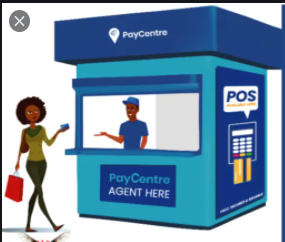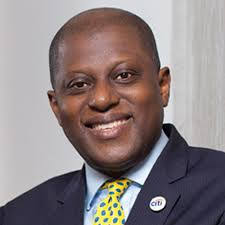You may think the balance you get at the ATM is the most up-to-date representation of your available funds, but that is not always the case. Here are reasons, according towww.thebalance.om.
The banking system operates on a system of holds while money is transferred from your account to other places, like when you purchase something at a store or pay for a dinner out.
Additionally, your deposits may not be immediately available to you, since your bank has to wait for the funds to actually leave the other party’s financial institution then clear your account.
Even your debts are not automatically deducted from your current account. This is why it is important to keep a running balance of your account at all times.
Understand how deposits are credited
When you make a deposit, the bank gives you a credit for the deposit. But in reality, the cheque is sent to a regional clearing house and must clear there before your bank actually receives the money. If the cheque is from out of state, it may need to be sent to another clearing house before the funds are settled, and could take even longer to get to your bank.
This is why when you deposit a large cheque, the bank may put a hold on it until funds are collected. This protects you from spending the money before you actually get it. And sometimes the cheque will not clear and you will need to pay the bank back if you have already spent the money. However, there are some ways to avoid a hold if you can’t wait for the money, though these tactics don’t always work.
Cheques do not clear from your account immediately
Similarly, cheques do not clear from your account the moment that you write them and pay them. Once the person or company receives your cheque, they must deposit it in their bank and then wait for the money to be transferred from your account to theirs.
Cheques usually take the longest to clear, and you may have outstanding cheques for a month or longer. This is why it is important to keep complete records of the cheques you write, the date, and the amounts, so you don’t forget about a cheque and overdraft your account.
Debits and deductions don’t always show up right away
Similarly, debits and deductions don’t always immediately show up in your account. Sometimes, when you use your debit card at a new place, a hold for a small amount is placed on your account. This hold, which is usually a few naira, will drop off your account in a few days, then the actual charge will show up.
It also depends on the business where you used your debit card. The merchant that accepted your debit card has to send in its transactions in order for the debits to be transferred to them. Although most merchants do this on a daily basis, some small businesses may take longer.
When this happens, the hold may drop off before the amount is deducted from your account, and your bank account balance would say that you have more than you do. If you do not keep track of your actual transactions, you can end up overdrawing your account.
Understanding your actual balance
It is for all of these reasons that you should keep a running balance of your bank account, and not implicitly trust the balance you get at the ATM and assume it is correct. To keep a running balance, you simply record your transactions as you go, then you add and subtract them from your balance in order to get the amount that you really have.
You can do this the old-fashioned way via pen and paper or spreadsheet, or many banks now offer real-time apps, which show a more up-to-date view of your account.
Try calculating your actual bank account balance at the end of each day, every few days, or each week. And remember, if you don’t keep a running balance, you may end up overdrawing your account and owing fees to both your bank and merchants.
Having trouble keeping a running balance of your credits and debts? Consider switching primarily to cash for your budget. With this type of budget, you will not need to worry about your bank account on a daily basis, but it is still a good idea to keep a running balance of your available funds to account for things like automatic bill payments and cheques written to establishments or for bills that don’t accept cash.
Another bonus? Once you begin tracking your bank balance, you will better be able to monitor your spending and stick to your budget.


